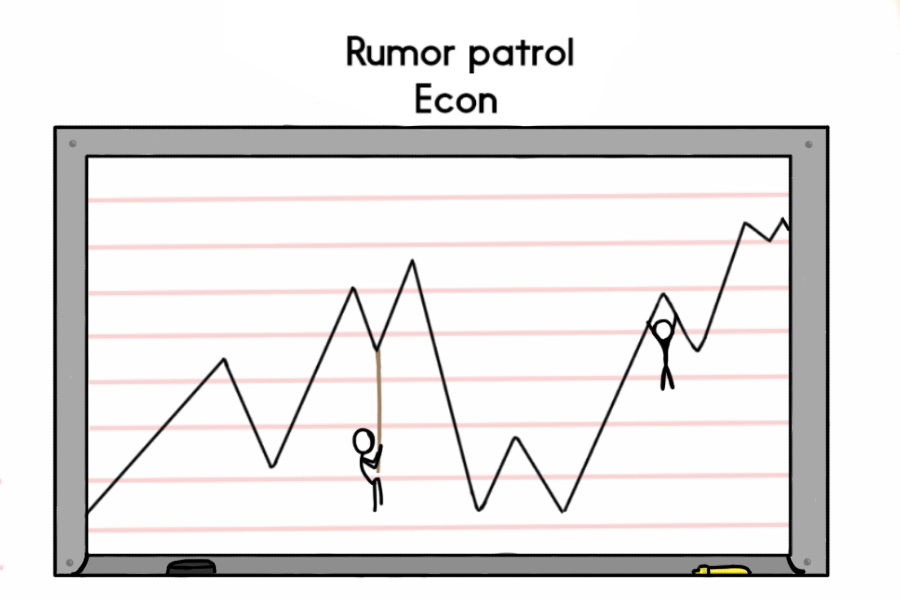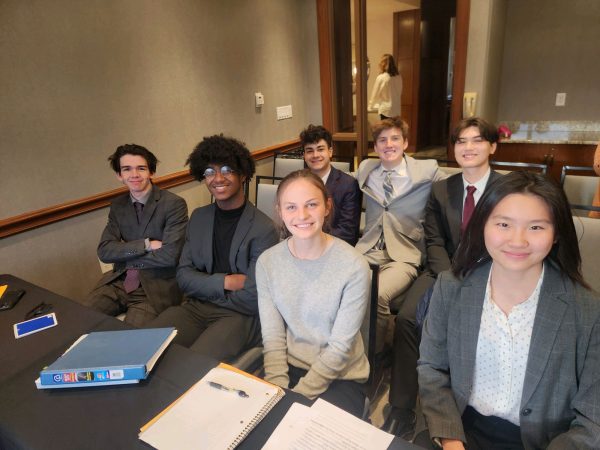Rumor Patrol: Economics
Rumor Patrol is a recurring series that investigates rumors surrounding various events going on around West High. This week, the WSS reports on the changes involving new economics requirements.
April 1, 2019
Last year, a state bill regarding high school financial literacy was signed into law. The law requires high school students to take one semester of a personal finance course before graduating. An amendment is pending in the Iowa legislature that would require students graduating in 2023 and after to complete a semester of financial literacy in order to give schools more time to determine their plans of implementation and not disrupt current high school students’ schedules. Currently, West High requires students to take one trimester of economics, which includes an online financial literacy component known as Everfi.
According to Economics teacher Tyson Smith, Everfi only accounts for 10 to 15 hours of instruction, so teachers and administrators are looking for new ways to meet the 60-hour requirement. While a final resolution is still up in the air, one possibility is making either Personal Finance or On Your Own a required course for graduation. Another option is to expand the financial literacy portion of econ classes and add an additional online supplement to be completed by students.
Economics teacher Abbie Weipert believes that students would benefit more from in-person instruction rather than an online course. Still, she thinks the expansion of financial literacy instruction will serve students well in the long run.
“How often do you hear from adults and parents things like, ‘I wish I would have learned more about credit scores in high school’ or ‘Why didn’t they teach me how to do practical things like manage my loans?’” she wrote in an email. “The additional hands-on interaction and in-person delivery … of financial literacy concepts will take some of the anxiety or apprehension off of our students so they can start building their lives, rather than potentially misfiring on their financial decisions early in life.”

























building contractor in noida • Apr 3, 2019 at 6:31 am
nice post
http://www.shapemyhouse.com/about_us